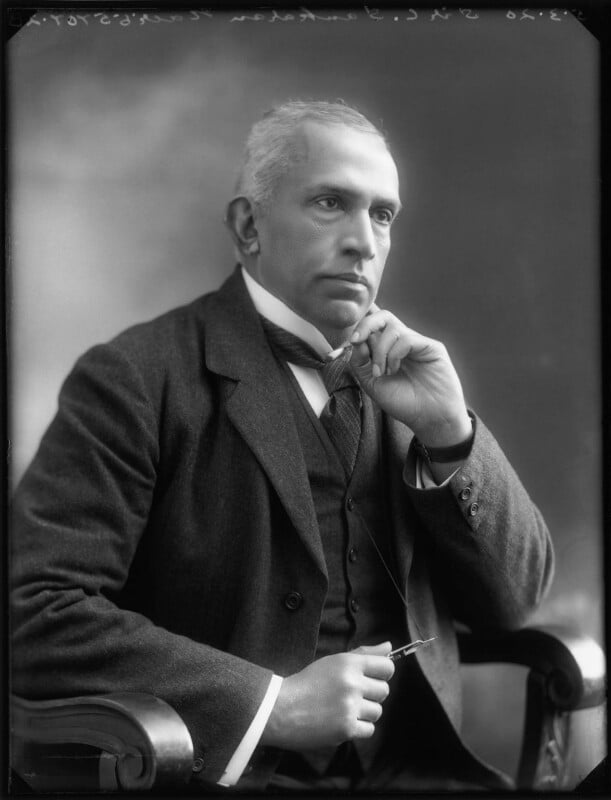Sir Chettur Sankaran Nair
Prime Minister Narendra Modi recently commemorated Sir Chettur Sankaran Nair, a prominent nationalist and jurist. This recognition coincided with the 106th anniversary of the Jallianwala Bagh massacre. Nair’s fearless stance against British colonial rule and his courtroom battles have left mark on India’s history. His commitment to justice and social reform continues to inspire generations.
Early Life and Education
Sir Chettur Sankaran Nair was born in 1857 in Mankara village, Kerala. He graduated with a law degree from Presidency College, Madras. Nair began his legal career under Sir Horatio Shepherd, who later became the Chief Justice of the Madras High Court. His early experiences shaped his dedication to justice.
Career and Achievements
Nair’s legal career flourished as he became a public prosecutor in 1899 and later a judge of the Madras High Court in 1908. In 1912, he was knighted by the British Crown. Nair served on the Viceroy’s Executive Council, focusing on education reforms. However, he resigned in 1919 in protest against the Jallianwala Bagh massacre.
Contribution to Indian Freedom Movement
Nair was a vocal advocate for constitutional reforms and self-governance. He presided over the Indian National Congress session in Amraoti in 1897. He was involved with the All-India Committee during the Simon Commission discussions. Nair’s stance often conflicted with other nationalists, including Mohandas K. Gandhi.
The Jallianwala Bagh Case
From 1922 to 1924, Nair authored “Gandhi and Anarchy,” critiquing both British rule and Gandhi’s non-cooperation movement. He held Lieutenant Governor Michael O’Dwyer accountable for the Jallianwala Bagh massacre. Nair faced a defamation suit in a British court for his accusations. Despite losing, he refused to apologise, showcasing his moral courage.
Advocate for Social Justice
Nair supported inter-caste and inter-faith marriages. His ruling in Budasna v Fatima (1914) upheld conversion to Hinduism without losing caste status. He founded and edited the Madras Law Journal and Madras Review, contributing to legal literature and reform.
Month: Current Affairs - April, 2025
Category: Awards, Honours & Persons in News







